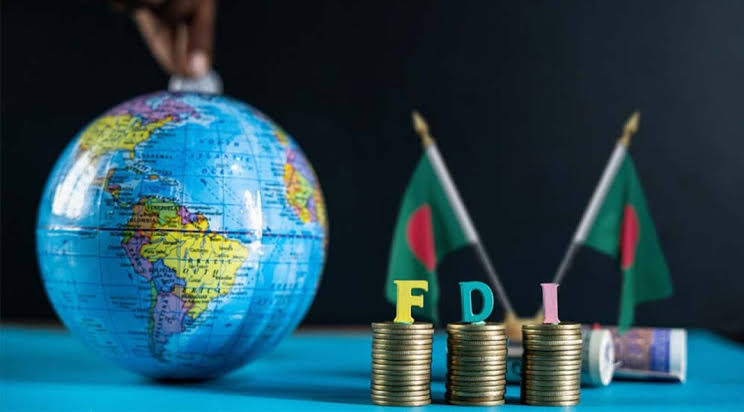Diplomatic Correspondent
Published:2025-04-10 09:49:26 BdST
Scarcity, high cost of energy, power among key barriers to FDI
Local and foreign investors have identified the high cost and scarcity of energy and power, policy inconsistency, and poor inter-agency coordination as key barriers to foreign investment, urging the government and political leaders to take immediate corrective measures.
However, the policymakers from the government said that the country is undergoing a transformative phase, with investment barriers being identified and addressed through policy reviews, risk mitigation, and improved infrastructure to attract greater investment.
These issues were highlighted by speakers during various sessions on Wednesday, the third day of the four-day Bangladesh Investment Summit-2025 in the capital.
Despite the conference kicking off on Monday, it was formally inaugurated on Wednesday morning by Professor Dr Mohammad Yunus, the interim government's chief adviser.
The experts, economists and investors expressed their opinions at several sessions arranged on attracting foreign investment, protecting domestic industries, trade and investment strategy after graduation from the LDC club and renewable energy.
There were several arrangements to increase business relationship among the domestic and private investors.
"Existing policies are being reviewed, investment-related risks and challenges have been identified, and efforts are underway to address them," Sk Bashir Uddin, Commerce Adviser of the government said at a seminar.
He noted that the current government is actively working to attract more investment, particularly in infrastructure.
In response to the frequently asked question as to why investors should choose Bangladesh, he highlighted that the country is projected to become the world's ninth-largest consumer market by 2030.
He mentioned Bangladesh's strong workforce and investment-friendly policies as key advantages.
Syed Nasim Manzur, Managing Director of Apex Footwear, noted that investors had several attractive alternatives, such as India, China, and Malaysia. To remain competitive, he stressed the need for policy relevance and effective implementation.
Highlighting Bangladesh's strategic geographical location, he said it offers significant business opportunities.
He also pointed out that the Bangladeshi workforce takes pride in their work, which is a key strength.
However, he posed a critical question, "Have we truly become investment-friendly?"
Dr Fahmida Khatun, Executive Director, Centre for Policy Dialogue, said duty-free access to international markets for Bangladesh after graduation from the LDC will decline, posing new challenges in maintaining export competitiveness.
She emphasized the need for proactive measures to navigate the post-LDC landscape, noting that while there is ample research and documentation outlining the necessary steps for a smooth transition, adequate preparations has yet to be made.
Unauthorized use or reproduction of The Finance Today content for commercial purposes is strictly prohibited.


